On Sunday, voters in two key German states, Saxony and Thuringia, went to the polls in regional elections that have sent shockwaves through the country. These elections are crucial because they not only determine the leadership in these states but also signal the growing influence of conservative values in Germany—a development with significant implications for both Germany and Europe.
The Big Story: The AfD’s Rise to Power
The Alternative for Germany (AfD) is a conservative political party dedicated to preserving Germany’s national identity, culture, and heritage. The AfD scored a major victory in these elections. Despite being relentlessly smeared and labeled as “right-wing extremists” by left-wing opponents and their media allies, the party’s supporters see this as a blatant attempt to discredit a movement committed to protecting Germany from harmful policies. They believe this narrative is a deliberate effort by the left to undermine a party that stands firmly for the nation’s interests.
In Thuringia, the AfD, led by Björn Höcke, surpassed all others to become the strongest party. In Saxony, they came in a close second, just behind the center-right Christian Democratic Union (CDU), led by Michael Kretschmer. Höcke, a staunch defender of conservative values, declared, “We want to govern!” The AfD aims to govern these states and implement policies that prioritize the interests of the German people.
However, Höcke’s leadership has not been without intense opposition. The left-wing German government has gone to great lengths to destroy him, including raiding his home for a fact-based Facebook post—a clear indication of the lengths the establishment is willing to go to silence voices that challenge their agenda.

Sahra Wagenknecht’s Surprising Success
Another surprise came from Sahra Wagenknecht, a former communist leader who recently founded the Bündnis Sahra Wagenknecht (BSW), a left-wing populist alliance.
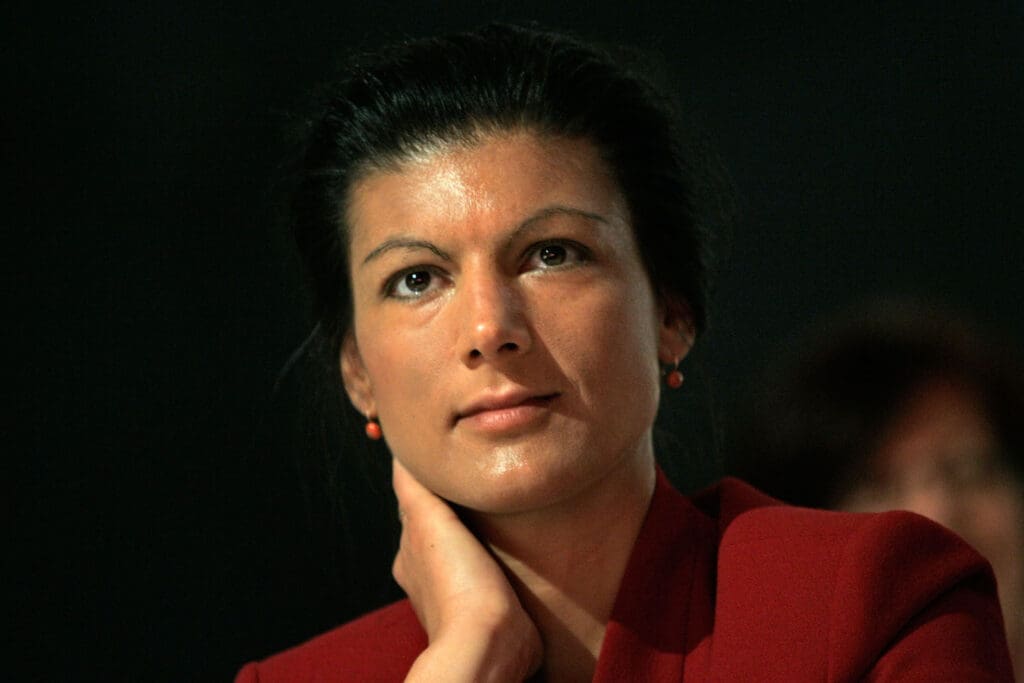
Her party managed to secure double-digit percentages in both Saxony and Thuringia, even surpassing traditional parties like the Social Democratic Party of Germany (SPD) and the Greens (Alliance 90/The Greens). Wagenknecht, who previously was a prominent figure in the radical far-left Die Linke (The Left Party), now poses a significant challenge to the traditional left. Her success makes her a potential kingmaker in any coalition government, which could further complicate the political landscape.
The Current Government’s Struggles
The current federal government, known as the traffic light coalition, is led by the World Economic Forum-controlled Chancellor Olaf Scholz and includes the SPD, Greens, and the centrist Free Democratic Party (FDP). These elections were disastrous for them.
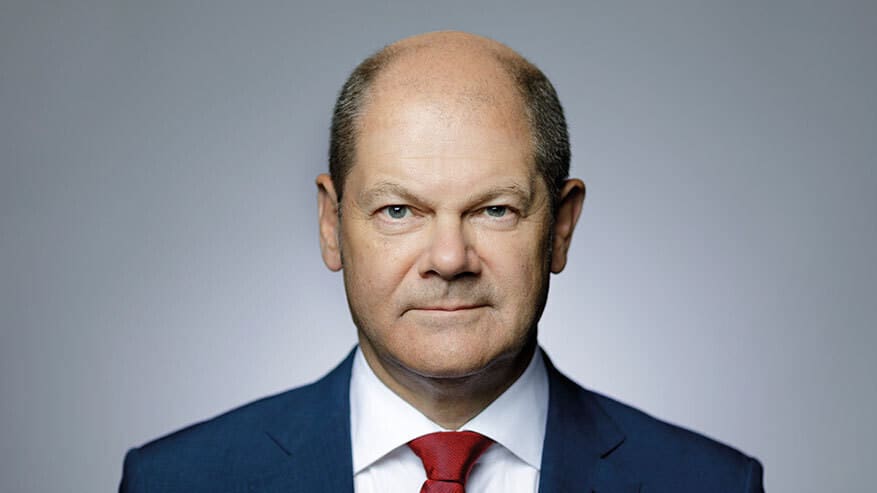
In both Saxony and Thuringia, their combined vote share is now less than half of what the AfD received. This has led to a crisis within the coalition, with members questioning whether they can continue to lead the country effectively. The poor performance has been blamed on internal disagreements and a general perception that the coalition is out of touch with the needs of voters in these regions. FDP Vice Chairman Wolfgang Kubicki told BILD, “The traffic light coalition has lost its legitimacy. People have the impression that this coalition is damaging the country.”
The SPD’s Struggles
The SPD, traditionally the working class party, continues to decline, barely managing single-digit percentages in these elections. General Secretary Kevin Kühnert tried to put a positive spin on the results, pointing out that the SPD still holds seats in both state parliaments. However, behind the scenes, party members increasingly question whether Olaf Scholz is still the right leader for the upcoming federal election. Party leader Saskia Esken warned that “an SPD-led federal government will also be led by the SPD,” while co-leader Lars Klingbeil said the SPD must “explain its policies better.” The message is clear: the SPD is in turmoil, and the path forward is uncertain.
The Union’s Stability
The Union (CDU/CSU), representing the center-right, was one of the few traditional parties that performed well. In Thuringia, under Mario Voigt, the CDU saw a significant increase in support. In Saxony, Michael Kretschmer’s CDU remained the strongest force. However, they now face the difficult task of forming a coalition, as the AfD’s success has complicated the political landscape.

The Challenge of Forming a Government
The big question now is: Who will govern these states? In Saxony, Kretschmer has ruled out forming a coalition with the AfD, but his current partners, the SPD and Greens, no longer have enough seats to form a majority. This means he might have to turn to Wagenknecht’s BSW, but that would involve bringing in left-wing former communists, which could alienate his conservative base.
In Thuringia, Mario Voigt of the CDU faces a similar problem. On election night, he even considered working with both the BSW and the Left Party, despite this going against the CDU’s national policy that opposes alliances with the far-left.
The AfD’s Position
Despite their significant gains, the AfD remains marginalized by the other parties, who refuse to form coalitions with them. However, this is not deterring their supporters. AfD leader Alice Weidel has accused the other parties of planning a kind of voter fraud by excluding the AfD from power, stating: “We have received a clear mandate from the voters to govern. The voters want us to be in government in both Saxony and Thuringia, and that cannot be ignored.”

The AfD and its voters understand that the establishment parties are unwilling to work with them, but they see this as further proof that the political elite is out of touch with the will of the people.
Why This Matters
These elections are not just about local governance; they are a bellwether for the future of German politics. The AfD’s success reflects growing discontent with the political establishment, particularly in eastern Germany, where economic challenges and immigration issues are most felt. The rise of both the AfD and the BSW highlights a deepening political divide in Germany.
For Americans, this is significant because Germany is a key player in the European Union and NATO. The rise of parties like the AfD, which are committed to preserving national sovereignty and traditional values, could lead to shifts in Germany’s domestic and foreign policies;, the AfD’s success could inspire similar movements across Europe, leading to the greater political realignment in the region.
What’s Next?
Germany is now at a crossroads. The left-wing parties face the challenge of either adapting to the new political reality or risking further decline. Meanwhile, the AfD’s rise to power could lead to significant changes in how Germany is governed, especially in states like Saxony and Thuringia. All eyes will be on how the CDU, SPD, and other parties respond to this new challenge—and whether they can form stable governments in these states without the AfD’s involvement.
However, as we have seen in France, when left-wing and globalist forces cannot defeat conservative movements at the ballot box, they often resort to subverting the will of the people. In the recent French elections, despite Marine Le Pen’s National Rally winning the most votes, backroom deals between Emmanuel Macron and the far-left ensured that the radical left took control of the government. This betrayal of the voters’ choice is another reminder that winning the most votes in today’s political climate doesn’t always translate into governing power.
The parallels for Germany are concerning. If the establishment parties here follow the French example, they might resort to similar tactics to keep the AfD out of power, regardless of the electoral outcome. The possibility of an “alliance of dishonor” forming in Germany—where left-wing parties and the political elite collaborate to undermine a clear mandate from the people—should be a warning to all who value democracy.





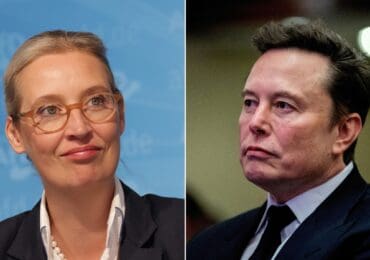
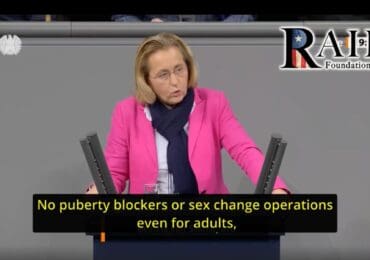





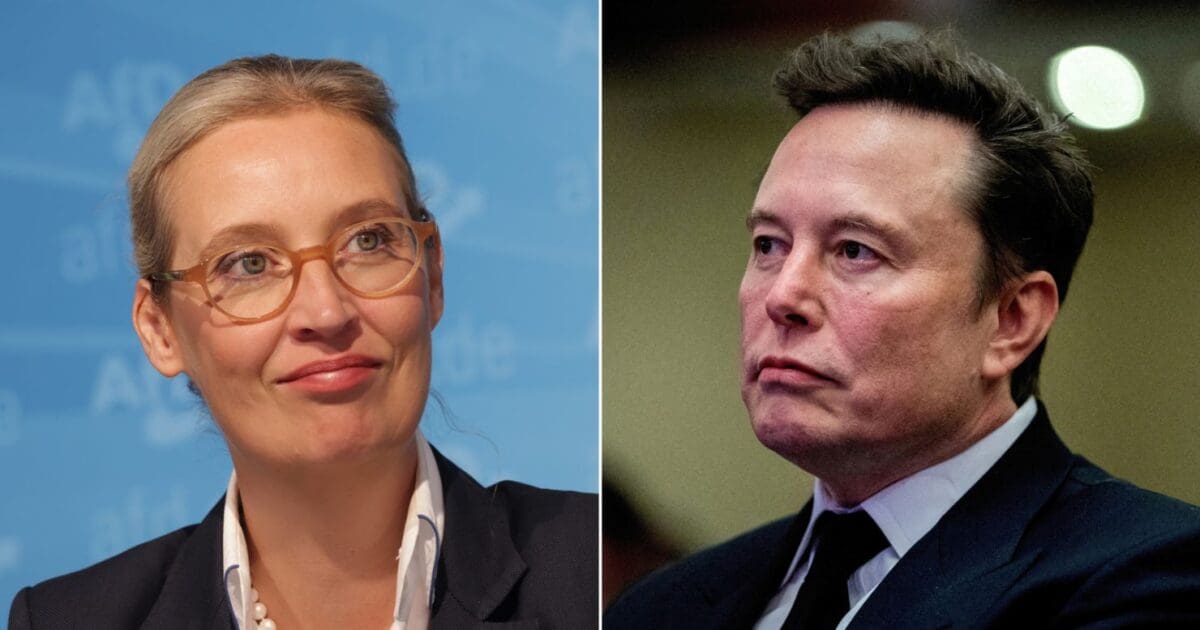
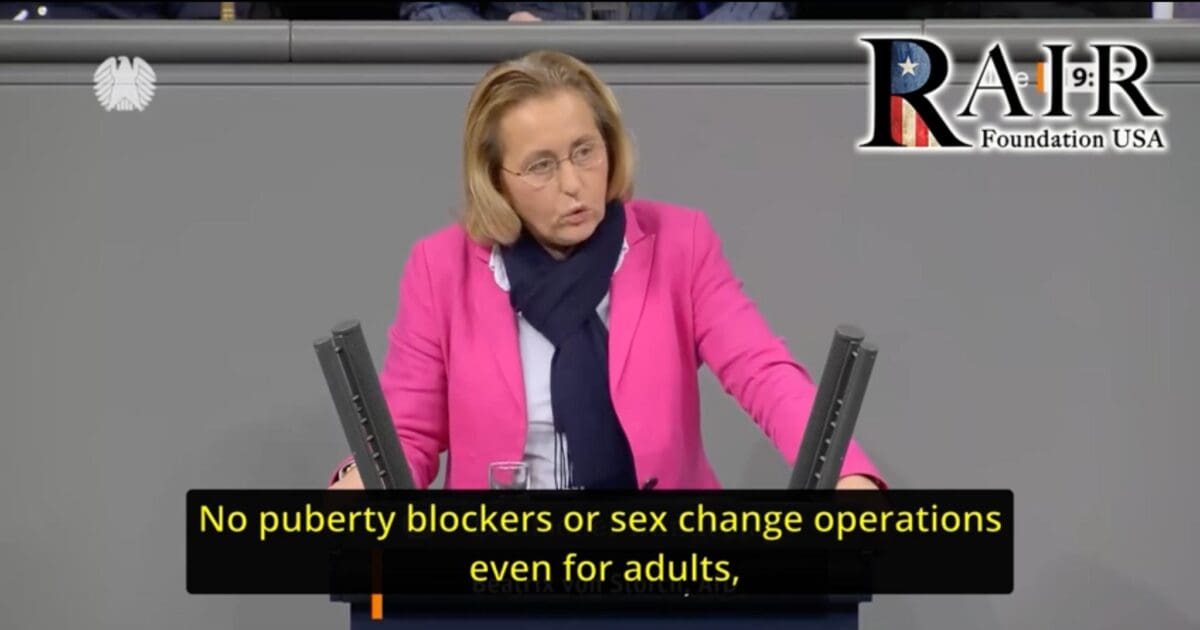
“Trudeau called out by steelworker who refuses to shake his hand during blunt exchange: ‘Don’t believe you’
Steelworker calls out high taxes in Canada during tense exchange”
AMAZING, HOW ALL THESE FROM SCHWAB’S ASS BORN IDIOTS ARE INFILTRATED INTO EVERY GOVERNMENT”: Just-in Through-The-Ass, Stupido Stubb, Marin, Meloni, Ardern, Urine von der Leyen, etc, etc…